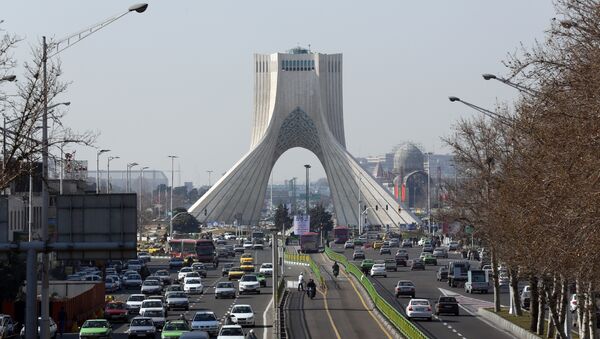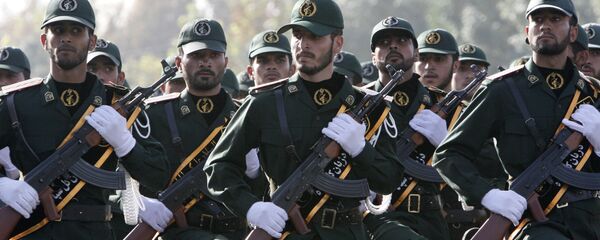"Our relations with Iran have not yet normalized, and the process of implementing the agreements with Iran, dated January 19, 1981, is ongoing," Trump said in a formal notice to Congress, referring to the deal that ended the 1979 hostage crisis.
In 1979, the US broke diplomatic ties with Iran after a group of Iranian students seized the US embassy in Tehran taking 52 diplomats hostage. They were released in 1981 following a deal between the US and Iran, under which Washington had to unfreeze Tehran’s assets and promised not to meddle in its domestic affairs while Iran was obliged to pay its external debt to the US.
"There have been various sanctions [against Iran], specifically political and economic ones since 1979. They’ve also been reinforced and highlighted by different [US] presidents from the Democrats and the Republicans," Alavi said in an interview with Radio Sputnik.
At the same time, he noted that the implementation of the 1981 deal should not be related to the 2015 deal on Iran’s nuclear program, officially known as the Joint Comprehensive Plan of Actions (JCPOA), or any new sanctions by Washington.
READ MORE: Iran's Supreme Leader Slams US as Tehran's Number 1 Enemy
Commenting on the current state of US-Iran relations, the analyst pointed out "ideological differences and disagreements" between the two.
"From Tehran’s point of view, the US is acting as a hostile force and interfering in its domestic affairs. From Washington’s point of view, Iran is sponsoring groups that are against the US and Israel," Alavi said.
He also said that the further development of those relations depends on both Washington and Tehran and on what the two nations are ready to do on their path to reconciliation.
"However, it is not that easy because the best moment was after the nuclear agreement. It could have opened up some windows but after President Donald Trump assumed power he promised not to go ahead with normalization," Alavi said, adding that his forecast for the development of Washington-Tehran ties is rather pessimistic, taking into account recent developments.


